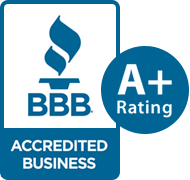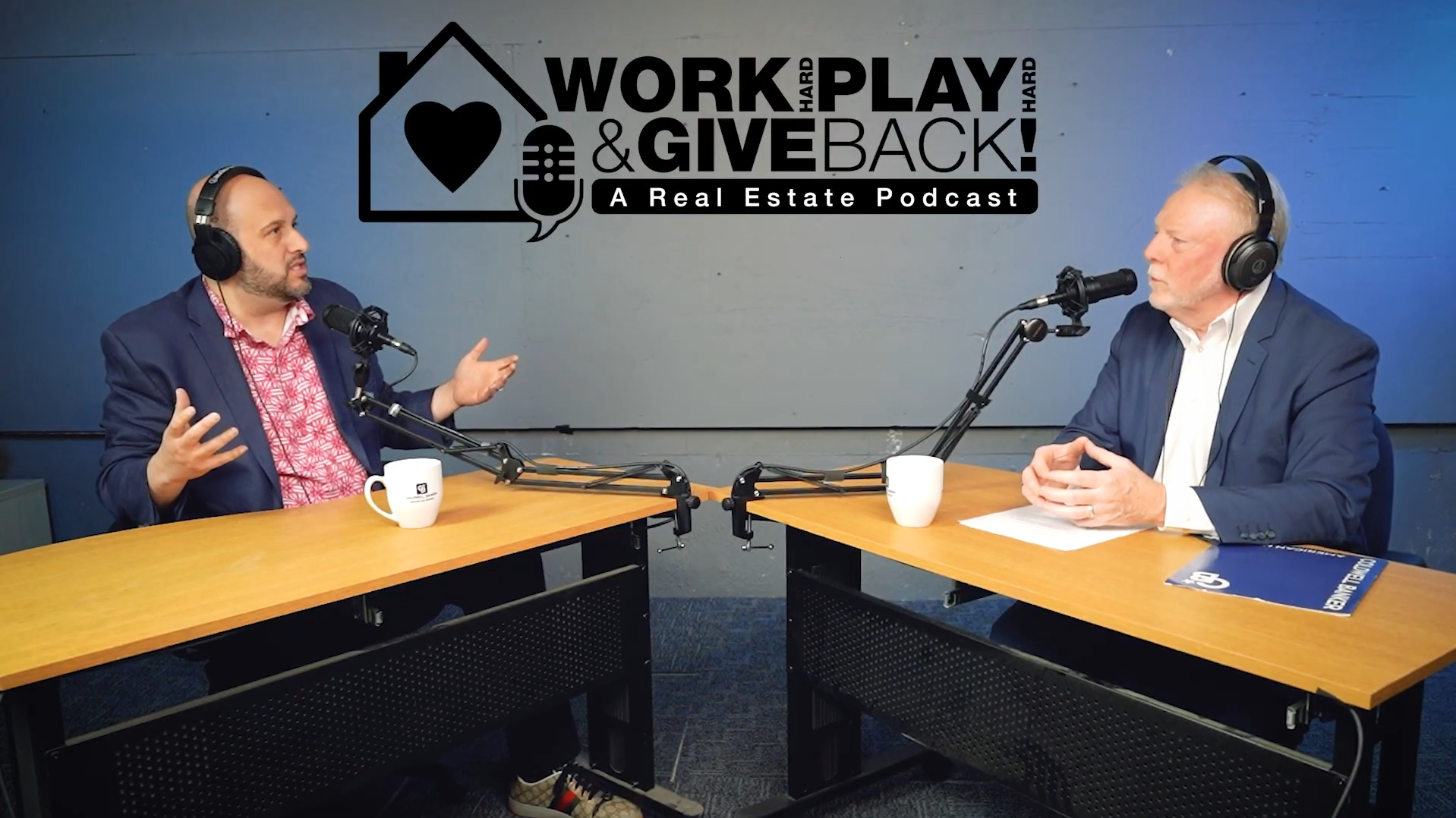When Tom Gallagher entered real estate in the 1980s, he owned two Blimpie franchises and several racquetball club concessions. He wasn’t sure about changing careers, but he took the leap. Today, as co-owner of one of Long Island’s largest real estate companies, he has some straight talk for anyone considering a similar journey.
The Reality of Starting a Real Estate Career on Long Island
“Real estate’s not a get-rich-quick scheme,” Tom emphasizes. “You need to be ready for a 60-hour work week if you want to succeed.” This candid assessment cuts through the glamorous perception many have about real estate careers, especially in a competitive market like Long Island.
The Time and Financial Investment
Before you dive in, here’s what you need to know about the initial investment:
- You’ll need enough savings to cover your living expenses for several months while building your business
- The New York licensing process requires 77 hours of pre-licensing education
- Beyond licensing, you’ll need to budget for marketing, business cards, and professional attire
- Most importantly, you need time – time to learn, network, and build client relationships
What Makes Long Island Real Estate Unique
The Long Island market has its own distinct characteristics that make it both challenging and rewarding:
- Dense competition with established agents who have deep community ties
- A diverse market ranging from first-time homebuyers to luxury properties
- Strong community connections matter – “You have to be part of the fabric of the community,” as Tom puts it
- High property values mean bigger commissions, but also more sophisticated clients
The Personality Traits of Successful Agents
“If you’re shy and afraid to talk to people, this is not the business for you,” Tom states bluntly. His experience shows that successful agents share certain characteristics:
- Natural communicators who enjoy meeting new people
- Self-motivated individuals who don’t need constant supervision
- People who genuinely care about helping others achieve their dreams
- Those willing to work weekends and adjust their schedule to client needs
Essential Steps to Launch Your Long Island Real Estate Career
Finding the Right Brokerage: Your Most Critical Decision
Tom speaks from experience when he says choosing the wrong brokerage can cost you both money and morale. Here’s what to look for:
- Strong training programs for new agents
- A supportive culture that matches your values
- Clear commission structures and growth opportunities
- Mentorship from experienced agents who actually care about your success
“Between them being new and us not being so new, it’s a great combination,” Tom notes about pairing new agents with experienced mentors. “If your friends out there are looking for a good place to work with people who actually care about you and will help you succeed, that’s what we’re about.”
Meeting New York State Requirements
Before you can start selling properties, you’ll need to:
- Complete the 77-hour pre-licensing course
- Pass the New York real estate salesperson exam with a score of 70% or higher
- Find a sponsoring broker
- Submit your license application through the Department of State
Tom’s tip: “Make sure you have enough savings to cover the initial classes and start-up period before your first transaction. It might be costly to enter the real estate market, but proper financial security during this early shift is crucial.”
Building Your Financial Foundation
Success in real estate requires a solid financial plan. Here’s what you need to consider:
- Have 6-12 months of living expenses saved
- Budget for business expenses (marketing, association dues, MLS fees)
- Plan for irregular income in your first year
- Consider starting part-time while maintaining another income source
“We went a lot of years without making a lot of money ourselves,” Tom recalls about his early days. “But all of our agents got paid, all of our admins got paid. That’s what matters.”
Creating Your Support Network
Real estate isn’t a solo journey. Tom emphasizes the importance of building relationships:
- Join local real estate associations
- Network with other professionals (mortgage brokers, attorneys, home inspectors)
- Get involved in community organizations
- Build connections with experienced agents who can share their wisdom
“Real estate people, for the most part, you’ve got to be special to be in the business,” Tom observes. “Anyone can get a license, but to be successful and do well, you have to have a certain caring, a certain style.”
Keys to Long-Term Success in Long Island Real Estate
A crucial insight from Tom’s 36-year journey is that long-term success comes from building genuine relationships and giving back to your community. Let’s explore how to build a sustainable career.
Building Deep Community Roots
Tom’s experience shows that success in Long Island real estate goes beyond just closing deals:
- Get involved in local chambers of commerce and business organizations
- Support community initiatives and charitable causes
- Build relationships with everyone – “If I can go to a 7-Eleven, the first 10 people who walk in the door, they all know somebody who bought or sold a house”
- Remember special moments – Tom sends gifts for every baby born to someone in his company network
The Power of Work-Life Balance
While many see real estate as all-consuming, Tom demonstrates how to build a thriving business while maintaining strong family ties:
- Create a structured schedule that includes dedicated family time
- Use time-blocking to manage showings and administrative work
- Build a support system within your brokerage
- Find ways to integrate family into your business success, as Tom has done with his daughters
Adapting to Market Changes
Tom and his partner have weathered multiple market cycles since 1983. Their keys to resilience:
- Stay flexible and willing to adapt your business model
- Keep expenses manageable during good times to prepare for downturns
- Focus on listings – “If you can get listings in this city, it’s like printing money”
- Build a diverse client base rather than relying on one type of transaction
“Every time there’s been a down market, we’ve survived and came out stronger on the other end,” Tom notes. This resilience comes from combining smart business practices with genuine care for clients and community.
Common Mistakes to Avoid When Starting Out
Drawing from Tom’s candid insights and decades of experience watching new agents succeed and fail, here are the crucial pitfalls to avoid.
Mismanaging Client Relationships
The biggest mistakes often come from how new agents handle potential clients:
- Showing properties before verifying client qualifications – “Do not show anybody anything if they don’t send you their documents”
- Trying to work with everyone instead of focusing on serious buyers and sellers
- Not maintaining regular communication with your sphere of influence
- Forgetting that “referrals happen by design, not by accident”
Poor Time Management
Tom emphasizes that success requires both working hard and working smart:
- Not time-blocking your schedule
- Failing to balance urgent tasks with important long-term activities
- Spending too much time with unqualified prospects
- Missing opportunities because you’re disorganized
“Real estate brokers are in high demand at all times,” Tom notes, “but in order to achieve their full potential, they need to adhere to a time-blocked program.”
Financial Missteps
Tom’s accounting background gives him unique insight into the financial errors that derail new agents:
- Not having adequate savings before starting
- Overspending on unnecessary marketing materials
- Failing to budget for irregular income
- Not tracking business expenses properly
“The numbers are important,” Tom explains, “but it’s not the only thing. Much like when you’re a real estate agent and you build your own business, it’s usually based on personal relationships.”
Resources and Next Steps for Aspiring Long Island Agents
Let’s wrap up with concrete steps to launch your Long Island real estate career, incorporating Tom’s philosophy of hard work, relationship building, and community involvement.
Essential Training Resources
Start with the fundamental requirements:
- Complete the 77-hour pre-licensing course through a reputable provider
- Join your local real estate board for additional training opportunities
- Consider joining organizations that give back, like Tom’s involvement with KANNA
- Look for brokerages that prioritize ongoing education and mentorship
Building Your Professional Network
Tom’s journey started with a small office in East Meadow and grew through relationships. Here’s how to begin building yours:
- Connect with local business organizations
- Join community service groups
- Attend industry events and workshops
- Build relationships with other real estate professionals
Taking Action
Ready to start your real estate career? Here’s your immediate action plan:
- Review your savings and ensure you have adequate financial runway
- Research and enroll in a pre-licensing course
- Start networking in your community while studying for your license
- Interview multiple brokerages to find the right fit
- Begin building your sphere of influence even before you’re licensed
Final Words of Wisdom
Tom’s parting advice encapsulates decades of experience: “Working hard, devoting oneself, and having a strong will are all requirements for successful real estate brokers. However, if you are ready to put in the necessary time and effort, it has the potential to be a rewarding line of work.”
The path to success in Long Island real estate isn’t easy, but with dedication, the right support system, and a commitment to serving your community, you can build a fulfilling and profitable career. As Tom’s story shows, real estate isn’t just about selling properties – it’s about building relationships, helping people achieve their dreams, and becoming a vital part of your community.
Remember his guiding principle: work hard, play hard, and give back. This philosophy has sustained his successful career for over 36 years, and it can guide yours too.
Ready to start your real estate career? Contact us to learn more about joining our team and receiving the training and support you need to succeed in the Long Island market.
Join Our Students Enjoying A RESNYS Education now
Become Part of the Real Estate School of New York State to Further Your Career.














